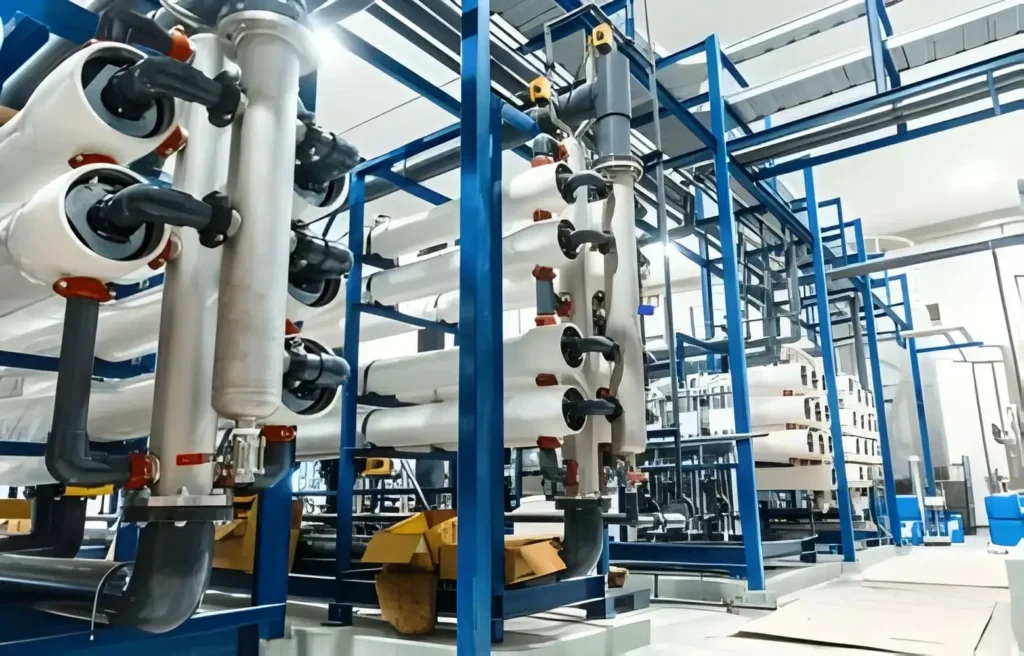RO Plants vs. Traditional Filtration Systems: A Comparative Analysis for Gulf Water Treatment
The countries bordering the Arabian Gulf face a unique water challenge. While surrounded by vast stretches of ocean, the water itself holds an unwelcome abundance of dissolved salts, rendering it unfit for human consumption or most agricultural applications. This is where desalination, the RO plant supplier in Dubai, and the process of removing these dissolved salts step in as a critical lifeline. Here in the Gulf, efficient and reliable desalination technologies are paramount to ensuring a sustainable water supply for our communities.

Unveiling Traditional Filtration Systems: Workhorses of Water Treatment
For decades, traditional filtration systems have served as the backbone of desalination efforts. These systems, often employing a multi-stage approach, utilise processes like coagulation, flocculation, sedimentation, and sand filtration. Imagine tiny, unwelcome guests in your water supply; traditional filtration acts as a bouncer, removing these impurities through various physical and chemical techniques.
Some of the most widely used traditional filtration systems include multimedia filters, employing layers of gravel, sand, and anthracite for progressive filtration; microfiltration, which utilises membranes with pore sizes small enough to remove bacteria and other particulates; and ultrafiltration, known for its ability to remove even larger molecules and viruses.
The RO Revolution: Reverse Osmosis Takes Center Stage
In recent years, reverse osmosis (RO) technology has emerged as a game-changer in the desalination landscape. Imagine a semi-permeable membrane acting as a microscopic gatekeeper, allowing only pure water molecules to pass through while rejecting the bulk of dissolved salts. This is the essence of RO, offering exceptional desalination capabilities.
RO utilises pressure to force water through this specialised membrane. The pressure applied needs to be greater than the natural osmotic pressure that would otherwise draw pure water towards the saltier solution. This ingenious technology boasts an impressive ability to remove a vast array of contaminants, from ions and minerals to bacteria and even some pharmaceuticals.
Making the Right Choice: A Balanced Look at RO vs. Traditional Methods
Both RO plants and traditional filtration systems have their merits and drawbacks. Traditional systems are generally less complex and require a lower upfront investment. However, their effectiveness in removing dissolved salts is limited, and they may require more frequent maintenance and produce a higher wastewater volume.
On the other hand, RO plants offer superior desalination capabilities, producing high-quality water with minimal salt content. However, they require a higher initial investment, consume more energy, and generate concentrated brine that necessitates proper disposal.
The optimal choice between RO and traditional methods hinges on several factors, including the desired water quality, salinity levels of the source water, budget constraints, and environmental considerations. Consulting a reputable RO plant supplier in Dubai, like Gulf Water Treatment, can provide invaluable guidance in navigating this decision. Their expertise can help ensure you select the most suitable desalination technology for your specific needs.
By understanding the strengths and limitations of both RO and traditional filtration systems, GWT, the RO plant supplier in Dubai, can make informed decisions to secure a sustainable water future for the Gulf region.

